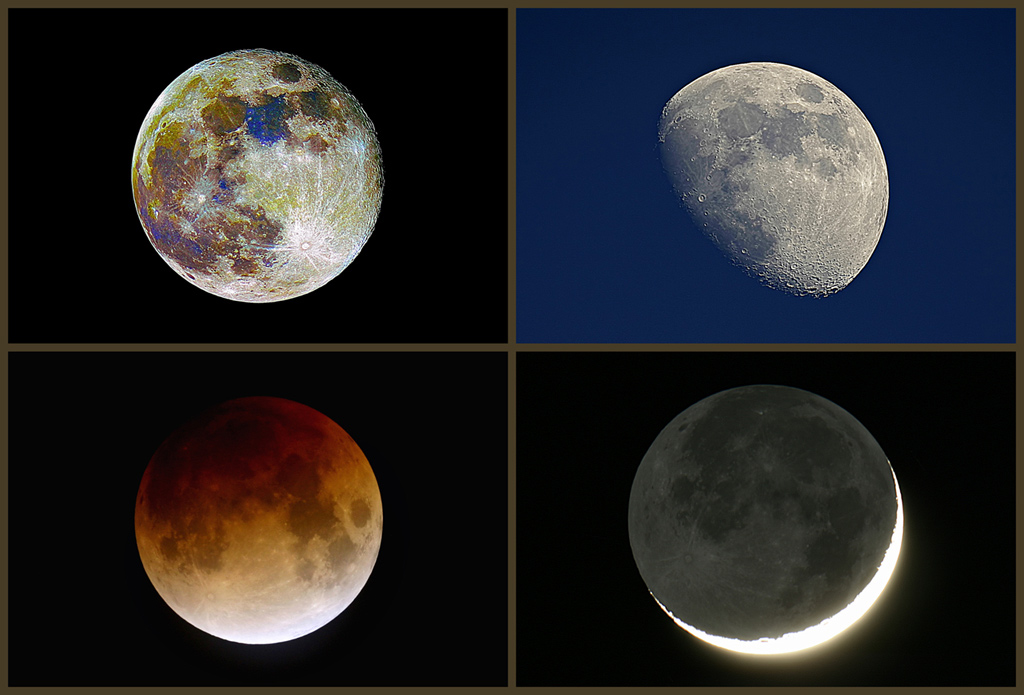Difference between revisions of "March 25, 2008"
(Created page with "__NOTOC__ =Four Moons= <!-- ws:start:WikiTextHeadingRule:0:<h1> --> <!-- ws:start:WikiTextLocalImageRule:4:<img src="/file/view/LPOD-Mar25-08.jpg/34852499/LPOD-M...") |
|||
| (2 intermediate revisions by the same user not shown) | |||
| Line 1: | Line 1: | ||
__NOTOC__ | __NOTOC__ | ||
=Four Moons= | =Four Moons= | ||
| + | <!-- Start of content --> | ||
<!-- ws:start:WikiTextHeadingRule:0:<h1> --> | <!-- ws:start:WikiTextHeadingRule:0:<h1> --> | ||
<!-- ws:start:WikiTextLocalImageRule:4:<img src="/file/view/LPOD-Mar25-08.jpg/34852499/LPOD-Mar25-08.jpg" alt="" title="" /> -->[[File:LPOD-Mar25-08.jpg|LPOD-Mar25-08.jpg]]<!-- ws:end:WikiTextLocalImageRule:4 --><br /> | <!-- ws:start:WikiTextLocalImageRule:4:<img src="/file/view/LPOD-Mar25-08.jpg/34852499/LPOD-Mar25-08.jpg" alt="" title="" /> -->[[File:LPOD-Mar25-08.jpg|LPOD-Mar25-08.jpg]]<!-- ws:end:WikiTextLocalImageRule:4 --><br /> | ||
| Line 13: | Line 14: | ||
<br /> | <br /> | ||
<br /> | <br /> | ||
| + | <p><b>Yesterday's LPOD:</b> [[March 24, 2008|Abrupt Stoppage]] </p> | ||
| + | <p><b>Tomorrow's LPOD:</b> [[March 26, 2008|Domed Donut]] </p> | ||
<hr /> | <hr /> | ||
<strong>COMMENTS</strong><br /> | <strong>COMMENTS</strong><br /> | ||
| − | <!-- Removed reference to store page --> | + | <br /> |
| + | <br /> | ||
| + | <br /> | ||
| + | <!-- Removed reference to store page 2 --> | ||
| + | <!-- End of content --> | ||
{{wiki/ArticleFooter}} | {{wiki/ArticleFooter}} | ||
Latest revision as of 23:13, 8 February 2015
Four Moons

image by Alan C. Tough, Elgin, Scotland
What Moon do you see? Alan's composite shows four different Moons seen under different lighting conditions. At top right is the most familiar Moon with sunlight reflecting from it to our eyes (and cameras) on Earth, but the blue sky shows that this was taken before sunset. Below that is a Moon visible about 8 nights of the month (but few of us see the early AM ones) when sunlight reflected from the Full Earth illuminates the mostly shadowed Moon and returns to Earth, not at all tired by its round trip. A less common view comes during a lunar eclipse when the ruddy hue comes from sunlight yellowed by passing through Earth's atmosphere, and it too bounces off the Moon and returns to our eyes. And finally, at upper left is a view only hinted at to visual observers. The hue and saturation of a normal color camera image were enhanced to bring out mineral differences in the maria - our eyes are not sensitive enough to see all these colors but subtle ones on the Aristarchus Plateau give hints.
Chuck Wood
Technical Details
All of the images were taken with a Canon EOS 300D at the prime focus of either a Sky-Watcher Evostar-80ED Pro f/7.5 or Evostar-100ED Pro f/9 refractor.
Yesterday's LPOD: Abrupt Stoppage
Tomorrow's LPOD: Domed Donut
COMMENTS
COMMENTS?
Register, Log in, and join in the comments.



